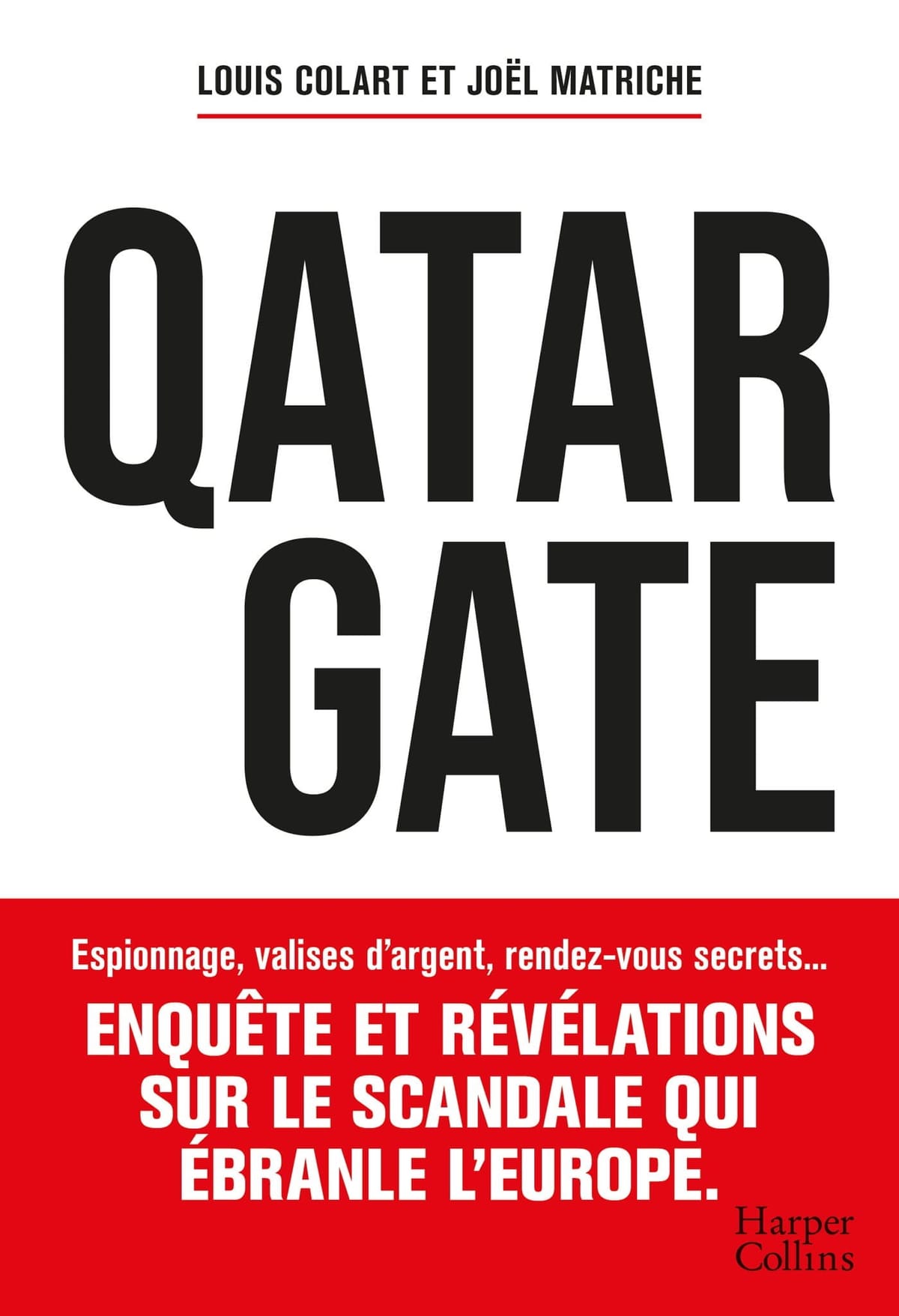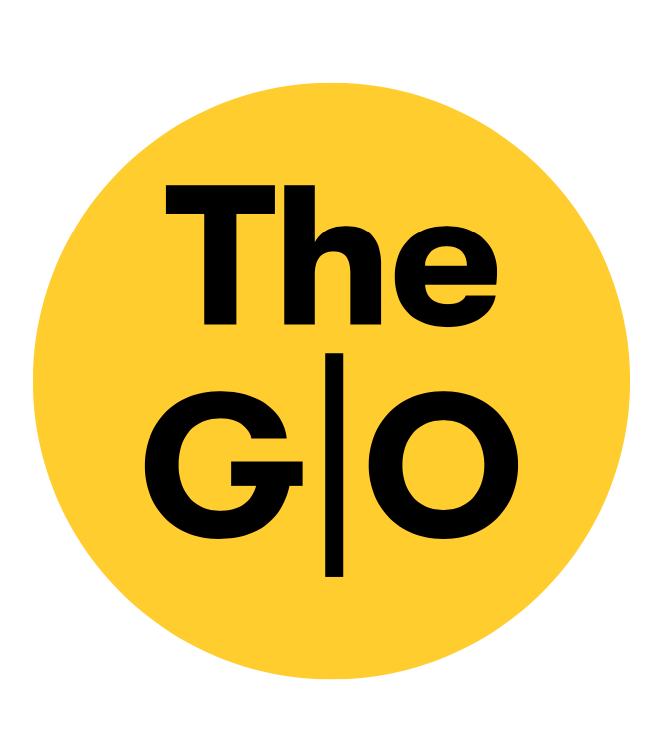Anger and Consternation within European Trade Unions: Will Russian Union Representative Supportive of Vladimir Putin’s War Effort and Repression Be Elected to the ILO’s Governing Body?
The possible election on June 10 to the International Labour Organization's Governing Body of a representative of the Russian Federation of Independent Trade Unions (FNPR), a state-controlled organization allied with Vladimir Putin, has sparked an acrimonious debate within the labour movement. Ukrainian trade unions, together with a number of their European counterparts, are concerned that the election of the FNPR candidate for the Workers’ Group of the ILO’s Governing Body—the UN organization's executive organ—could deal a blow to the credibility of the global labour movement and the ILO itself.
Seats on the workers’ benches of the Governing Body are to a large extent allocated by the Brussels-based International Trade Union Confederation (ITUC), the world’s largest trade union body, after a consultation process with its regional organizations. According to an internal ITUC report obtained by the G|O, Esther Lynch, General Secretary of the European Trade Union Confederation, opposed the ITUC’s proposal to leave a place open on its list “that could potentially be filled by a candidate from the FNPR.” In a letter to the ITUC, the Nordic Council of Trade Unions, which represents unions in Scandinavian countries, says this eventuality would be “unacceptable.”
Ukrainian and European trade unions also denounce what they consider to be a misguided posture of accommodation towards Russia and other governments opposed to workers’ rights from the leadership of the International Trade Union Confederation (ITUC) and some of its non-European members in Latin America and elsewhere.
Some of the global union federation’s harshest critics privately contend that, since his election following the “Qatargate” money-for-influence scandal, the ITUC’s Secretary-General Luc Triangle has adopted a strategy that privileges access over substance, in his quest to have the ITUC contribute to the “revival of multilateralism,” according to internal documents seen by The G|O.
A well-connected ILO watcher expressed to me the view that “[i]n the FNPR case, the ITUC leadership has shown yet another sign of its weakness. While not supporting the FNPR’s candidacy, it didn’t outright oppose it. We already saw that pattern with Qatar: a loud promise to defend the migrant workers’ rights only to end up supporting an agreement between the ILO and Qatar, a country that still forbids independent unions.”
The FNPR Flashpoint
The ITUC suspended its affiliation with the FNPR following Russia’s full-scale invasion of Ukraine, and decided not to include the Russian trade union in its list of workers candidates to the Governing Body. Nonetheless, European and Ukrainian trade unions remain highly critical of the ITUC senior leadership for not opposing the FNPR candidate unequivocally. “The ‘trade union’ of Vladimir Putin’s genocidal regime has no place on the ILO’s Governing Body,” wrote the Ukrainian trade union official Vasyl Andreyev in an opinion piece in Swiss daily Le Temps, which first broke the FNPR story. “We fight every day with our work and with our lives to defend democracy, human, social and trade union rights for a just peace and for freedom in our country and throughout Europe, against the aggression of Vladimir Putin's fascist regime. We are currently confronted with a proposal, supported by [the ITUC] General Secretary to include in the ILO’s Governing Body a trade union confederation which supports Vladimir Putin. We call on the ITUC leadership to understand this point: [An] organization as complicit in war crimes as the FNPR [cannot be] represented on the Governing Body of the ILO.”
“The FNPR gave a standing ovation to Putin at a recent meeting. It openly supports his war effort and repressive campaign in Donbass and in Ukraine. Vladimir Putin is under indictment from the International Criminal Court. The situation is absolutely unprecedented, and the question of this election is a clear red line for us,” Luca Cirigliano, the Swiss Union Confederation’s Central Secretary told me, stressing that “this is not an election to some technical commission but to the ILO’s highest organ.”
To fully understand the uproar created by the situation and its stakes for the international labour movement, it is important to keep in mind the unique tripartite governance model of the ILO, composed of governments, workers, and employers. The Governing Body (GB) is the organization’s executive body. According to the ILO’s website, “it is composed of 56 titular members (28 Governments, 14 Employers and 14 Workers) and 66 deputy members (28 Governments, 19 Employers and 19 Workers). Ten of the titular government seats are permanently held by States of chief industrial importance (Brazil, China, France, Germany, India, Italy, Japan, the Russian Federation, the United Kingdom and the United States), while the other Government members are elected by the Conference every three years. […] The Employer and Worker members are elected in their individual capacity.”
Should the FNPR representative be elected, it would, labour experts and activists say, potentially modify the GB’s dynamics. The ILO constitution requires that workers (and employers) be represented by genuinely independent organizations. However, if “state-controlled trade unions are allowed to play an important at the ILO,” as in the case of the FNPR, “tripartism becomes a farce,” explains Frank Hoffer, a former German ILO official now associated with the Global Labour University.
New Geopolitical Realities are also Shaping the Trade Unions Conversation
Interestingly, the FNPR episode also illustrates how, beginning with the rise of the BRICS and a more self-assertive Global South, new geopolitical realities are increasingly shaping international organizations. “Some democratic trade unions have closer contacts with the Russian trade unions through the BRICS Trade Union Forum and seem to be inclined to vote for a Russian representative. For quite different reasons, the BRICS countries and the trade unions of these countries have sympathy for a multipolar world[,] and a critical view on the dominant global financial institutions and the hegemonic role of the rich industrialized countries,” analyzes Hoffer.
But for many in the trade union world, an ideological aversion to the US and other rich economies is a poor reason to justify support for countries like Russia and others that oppose everything the trade union movement is supposed to stand for. They are concerned by the ITUC strategy as expressed in a 2023 internal document: “Our determination to rebuild multilateralism implies the participation of all trade union forces in all countries, including the state-controlled ACFTU in China and the FNPR in Russia, whether or not these organizations are affiliated to the ITUC. It will also be necessary for the ITUC to take part in the next meeting of BRICS+ labour and employment ministers in Russia. Not to do so would contribute to accentuating geopolitical divisions and putting an end to multilateralism.”
“This is a controversial path. From a workers’ rights perspective, reviving multilateralism shouldn’t be about offering new spaces of action and influence to totalitarian or authoritarian countries that stand against every value embodied by labour,” a trade unionist privy to the ITUC and ILO debates told me. “It would only weaken the credibility of the union movement, of the ILO, and democracy itself.”
Will the FNPR candidate be elected on June 10? A candidate needs to get 50% of the delegates votes, and elections are conducted by secret ballot. Only Workers’ delegates can vote for Workers’ representatives on the Governing Body. What will be the score of the Russian FNPR candidate? Could he stumble? Will Vasyl Andreyev, the Ukrainian candidate who enjoys the support of the ITUC, be able to rally a significant majority behind his candidacy? “By giving the FNPR the opportunity to put forward their candidate, the ITUC creates a moment of truth,” says Frank Hoffer. “It exposes the FNPR, and therefore Putin’s regime, to a vote at the ILO. A vote they should not win.” For other ILO watchers, this election will also serve as a test of the ITUC’s current leadership and strategy.
-PHM
Ukraine: ITUC solidarity visit
An ITUC delegation led by General Secretary Luc Triangle has been in Ukraine to reaffirm the global trade union movement’s support of workers and their unions in the country.
The group included Christy Hoffman (General Secretary UNI-Global Union), Atle Hoie (General Secretary, IndustriALL Global Union) and Paul Nowak (General Secretary TUC-UK).
Luc Triangle said: “We are in Ukraine to reaffirm that we all stand in full solidarity with the Ukrainian people. The brutal and illegal invasion by (...)
P.S.

The Financial Times has a new podcast, Untold: Power for Sale, about the Qatargate money-for-influence scandal. In Geneva meanwhile, despite much trumpeted progress by the ILO and the ITUC following the extension of a cooperation agreement program paid for by Doha, Qatar has failed to register a credible Workers’ delegation to the upcoming International Labour Conference. Informed sources told me that, unsurprisingly in a country that forbids unions, the Gulf state’s “Workers” delegate happens to be a Senior official of Qatar Energy. The government delegation is still led by Minister Al-Marri, presented by Belgian authorities as the key player in Qatargate. Presumption of innocence, however, applies.
Related content from the G|O's archives:




